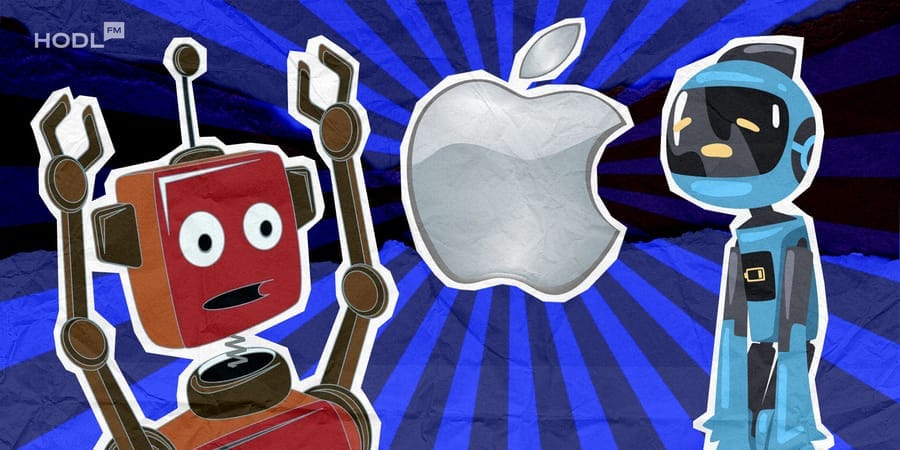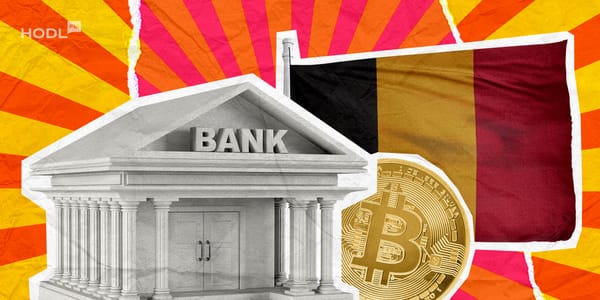Robinhood is in the news again, or should we say OpenAI is in the news again? Whichever it is, both of them are in the news, and this story also involves European Union regulators. It starts with Robinhood’s announcement of its private equity tokens. Unlike the ones we are mostly used to in the market, the tokens offer exposure to tech stocks, including SpaceX and OpenAI. But OpenAI has openly come out to give one big disclaimer.
According to a July 7 CNBC report, OpenAI has said that Robinhood’s unique tokens do not represent ownership in the company. This OpenAI alarm has spurred the Bank of Lithuania, which serves as Robinhood’s primary regulator in the European Union, to take action. The Bank has confirmed that it has reached out to Robinhood and is seeking detailed clarifications before assessing the legality of its product.
Robinhood’s Controversial Stock Tokens Are Drawing Heat
This product was announced on June 30th when the brokerage firm said it plans to announce its own private equity tokens and a new layer-2 blockchain. This was in a bid for Robinhood to position itself as one of the big players in the growing tokenization sector. But as it stands, wanting to play in the big leagues also attracts some scrutiny.
This newly launched scrutiny comes only a week after Robinhood launched its Stock Tokens products across the European Union. These products promised “tokenized access” to shares of many firms, both public and private, through blockchain tech.
These “OpenAI tokens” are not OpenAI equity. We did not partner with Robinhood, were not involved in this, and do not endorse it. Any transfer of OpenAI equity requires our approval—we did not approve any transfer.
— OpenAI Newsroom (@OpenAINewsroom) July 2, 2025
Please be careful.
Open AI has taken to X to distance itself from the Robinhood initiative, saying,
“We did not partner with Robinhood, were not involved in this, and do not endorse it.” If that was not loud enough, the AI firm also said, “These ‘OpenAI tokens’ are not OpenAI equity.”
In a similar fashion, Robinhood’s CEO, Vlad Tenev, has defended his company’s initiative in an X post.
He said that "While it is true that they aren’t technically ’equity,’ the tokens effectively give retail investors exposure to these private assets."
Amidst the back-and-forth, regulators are advising caution. They also remain cautious on the issue as they contend on the legality of how Robinhood’s tokens are presented to retail investors. According to the CNBC report, regulators are demanding that the information provided to the buyers be provided in “clear, fair, and non-misleading language.”
As it stands, Robinhood’s EU expansion into tokenized equities will be facing some new challenges with the proposed EU regulators’ compliance review. Whatever the Bank of Lithuania also finds will no doubt have a significant impact on the fate of tokenization or, at the very least, the niche of stock tokens. For now, buyers, retail investors, and interested buyers in Robinhood’s Stock tokens should be cautious in light of these developments. Open AI has already been explicit about what the Stock Tokens mean for its own company, and others might follow suit in the times to come.

Disclaimer: All materials on this site are for informational purposes only. None of the material should be interpreted as investment advice. Please note that despite the nature of much of the material created and hosted on this website, HODL FM is not a financial reference resource, and the opinions of authors and other contributors are their own and should not be taken as financial advice. If you require advice. HODL FM strongly recommends contacting a qualified industry professional.





